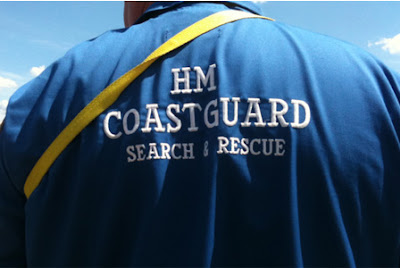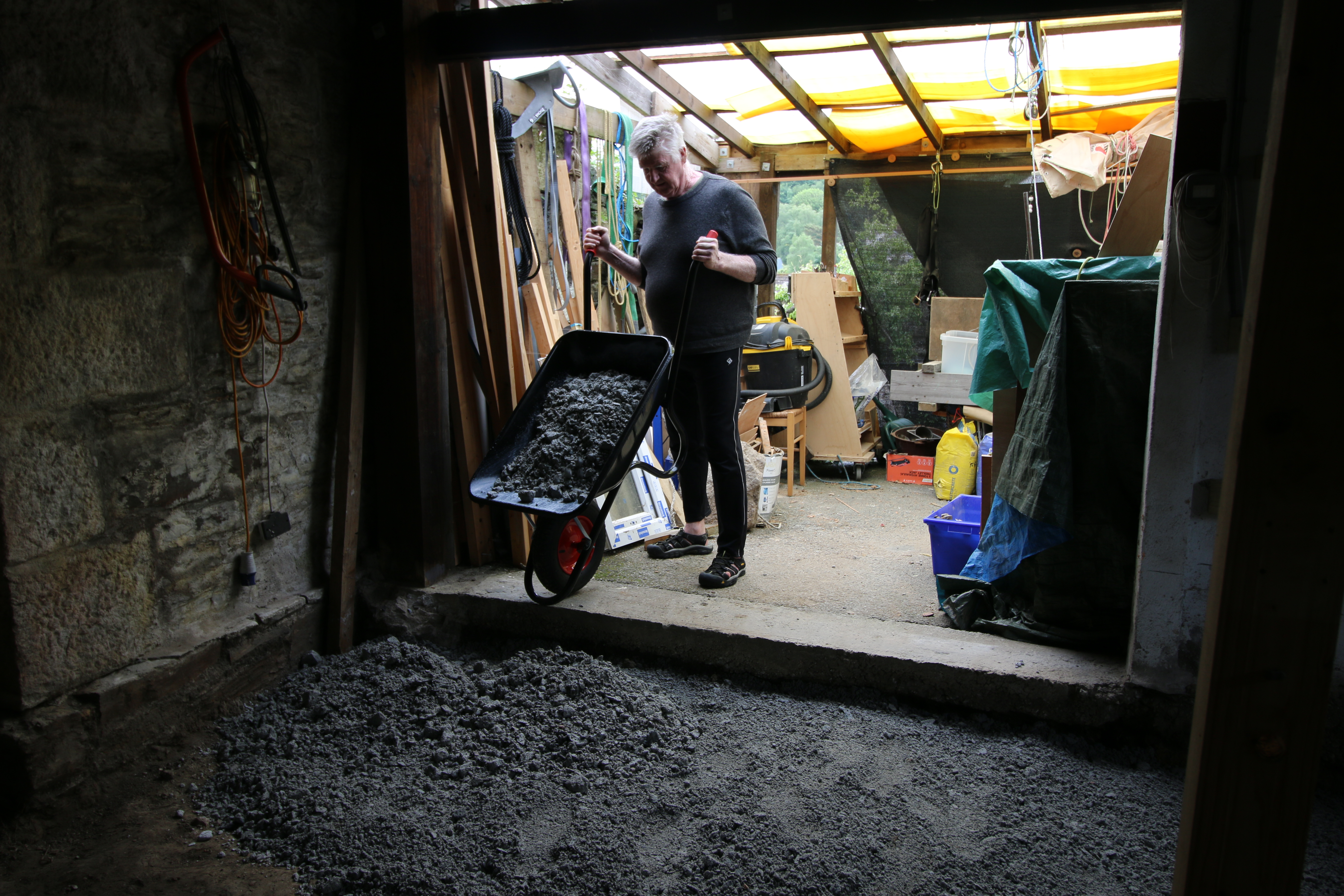My friend who owns a post boat has had something to say about the Lazy Jacks on Arwen. And he should know because he has sailed her often enough. He made some good points actually. He summed it up like this
That’s about the best summing up I’ve heard of the problem!
He went on to suggest that maybe looking at his boat might help. It has two halyards. One is at the peak; the other at the throat next to the mast. Using the two halyards to control the fall of the yard, you force the descent of the throat first. This has the effect of ‘brailing’ (furling the sail towards the mast). He points out that this is often seen on big gaff rigged boats such as Humber Yawls, Norfolk Wherries and Thames Barges. Once the power is out of the sail and the throat starts to descend, the peak halyard can be released in a controlled fashion as the leverage on the gaff has moved forward due to throat and sail falling. All being well, the result should be that the whole lot should fall between the lazy jacks. He does finish by saying “Well that’s the theory anyway”.
So....option one – get another halyard running......which is interesting because I’ve just discovered something on the plans which I never noticed or checked before. My mast builder put in one sheave in the mast top. On John’s plans, there are two! Oops!
Osbert has never found the lack of topping lifts to be an issue on his Walkabout balanced lug main. He always use the mizzen (and/or sea anchor) to keep her head to wind while lowering the sail and then lashes the sail, yard and boom together with the tail end of the downhaul. The thought of more lines to get tangled up in fills him with horror! Horror? Osbert my friend, you have no idea what ‘lazy jack horror’ is until you’ve been with me on Arwen!
Hajo had this to say:
He suggested I look at this link which took me to this image below:
> http://www.duckworksmagazine.com/06/howto/junkrig/lazyjacks.htm
Quite a nice simple arrangement actually.
Robin suggested this arrangement:
Yet again, my friend, and forum members come to the rescue of an amateur in all sense of the word. Thanks guys. Ho hum!! We live and learn.......and I’m a great advocator of ‘life-long learning’. I just wish, sometimes, I could learn a little less, a lot faster, with less pain and humiliation!
Steve
PS I will get around to thanking you all in person via email..when I've waded through lesson planning and 'A' level marking. I just posted this quickly as a break to save my sanity. Thanks guys.
“the problem on ARWEN when you drop the gaff is that the balance of the gaff on one halyard is to the rear, hence the peak (outward end) falls first, and because it now has no other restraint on it as the sail has ballooned, it swings out or any where it wants”.
That’s about the best summing up I’ve heard of the problem!
He went on to suggest that maybe looking at his boat might help. It has two halyards. One is at the peak; the other at the throat next to the mast. Using the two halyards to control the fall of the yard, you force the descent of the throat first. This has the effect of ‘brailing’ (furling the sail towards the mast). He points out that this is often seen on big gaff rigged boats such as Humber Yawls, Norfolk Wherries and Thames Barges. Once the power is out of the sail and the throat starts to descend, the peak halyard can be released in a controlled fashion as the leverage on the gaff has moved forward due to throat and sail falling. All being well, the result should be that the whole lot should fall between the lazy jacks. He does finish by saying “Well that’s the theory anyway”.
So....option one – get another halyard running......which is interesting because I’ve just discovered something on the plans which I never noticed or checked before. My mast builder put in one sheave in the mast top. On John’s plans, there are two! Oops!
Osbert has never found the lack of topping lifts to be an issue on his Walkabout balanced lug main. He always use the mizzen (and/or sea anchor) to keep her head to wind while lowering the sail and then lashes the sail, yard and boom together with the tail end of the downhaul. The thought of more lines to get tangled up in fills him with horror! Horror? Osbert my friend, you have no idea what ‘lazy jack horror’ is until you’ve been with me on Arwen!
Hajo had this to say:
“Balanced lug sails have the same issue. I used the following lazy jacks’ setup on my mixer2 (That's a 12 ft boat). It handled it fine; so it shouldn't be an issue on Arwen”.
He suggested I look at this link which took me to this image below:
> http://www.duckworksmagazine.com/06/howto/junkrig/lazyjacks.htm
copyright duckworks and original author
Quite a nice simple arrangement actually.
Robin suggested this arrangement:
“What I ended up doing was putting a double block at the mast head; I then fed a line which acted as a topping lift for the sprit and as a lazy jack for the topping lift side. So the line went from 1/3rd of the way back from the boom end (anchor hitch) up to one side of the double block and back down to the sprit with another anchor hitch1/3 rd aft of the mast. You now have a triangular looking line that holds the sprit up when you drop the main and prevents the sail and gaff from spilling over the port side ( I have my sprit on the port side of the mast). I then put another line through the other side of the double block starboard side of the gaff and sail down under the foot of the sail and then up on the port side of the sail to the sprit and then tied off to the same points as the port side topping lift. This provides two lines to catch the sail when it is dropped at the foot. When you lower the main, it is caught by the two lazy jack lines and is constrained by the two lazy jacks to starboard and the topping lift to port. The gaff likewise will come down within these lines. Tighten the main to stop it all swinging around and then when you are ready you can sort the sail up and tie it up properly”.
Yet again, my friend, and forum members come to the rescue of an amateur in all sense of the word. Thanks guys. Ho hum!! We live and learn.......and I’m a great advocator of ‘life-long learning’. I just wish, sometimes, I could learn a little less, a lot faster, with less pain and humiliation!
Steve
PS I will get around to thanking you all in person via email..when I've waded through lesson planning and 'A' level marking. I just posted this quickly as a break to save my sanity. Thanks guys.






















































